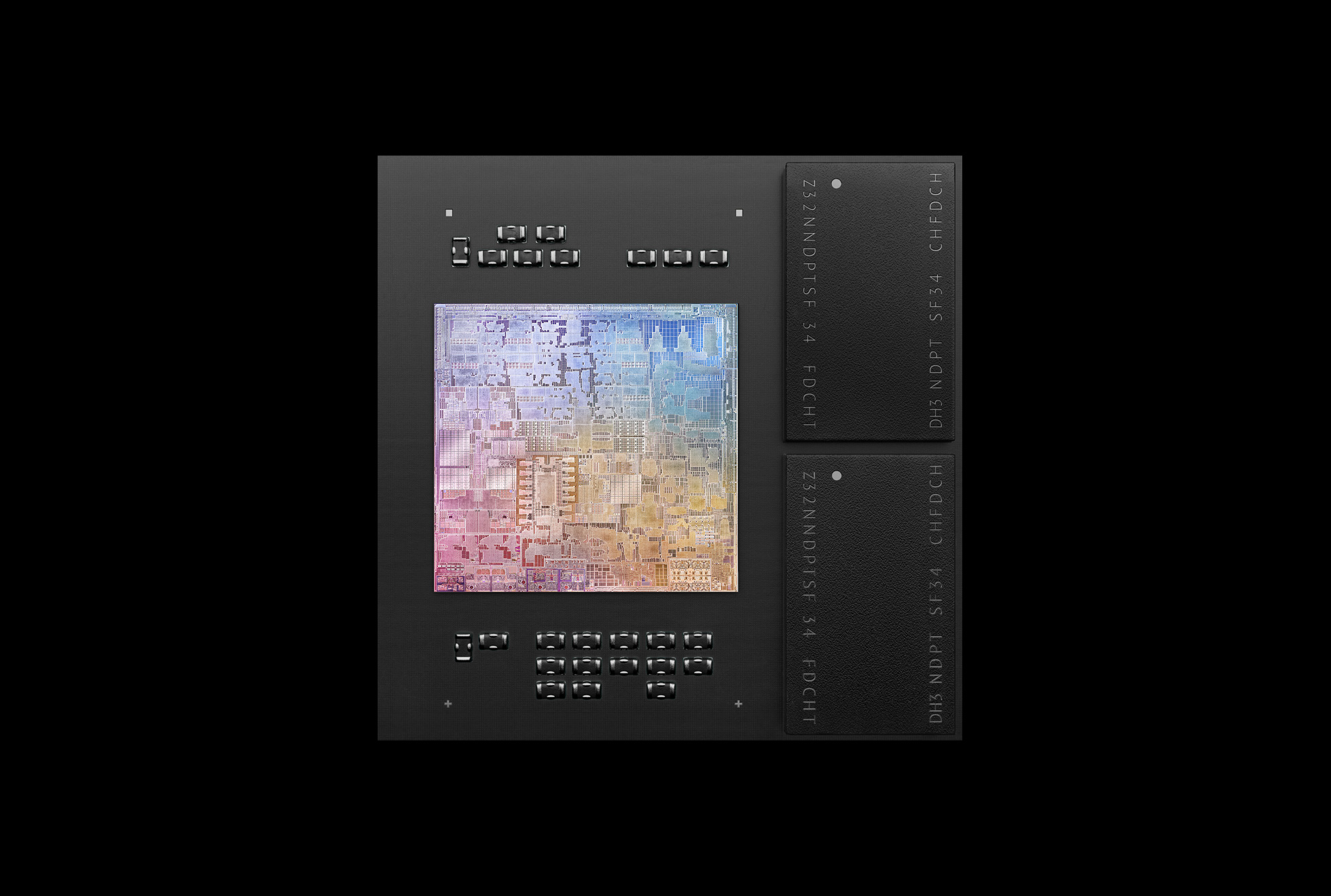You rarely hear Apple gamers playing AAA games on their MacBooks, much less Apple users desiring to run AAA games on Linux with Apple hardware. However, the developers behind Asahi Linux have announcedalpha driver compatibilitywith x86-based Windows games in Linux on Apple M1 and M2 Arm-based silicon, making Asahi Linux the world’s first Linux distro to accomplish such a feat.
Asahi Linux’s playing toolkit now supports x86 emulation and Windows compatibility with itsVulkan1.3 drivers. Asahi Linux is the only distro that ships conformant OpenGL, OpenCL, and Vulkan drivers for Apple ARM-based hardware, making x86 AAA gaming possible through Linux.

Asahi’s translation stack comprises a whopping four translation layers to get x86 Windows games to work. FEX emulates x86 instructions to work on ARM hardware, Wine translates Windows code to Linux, and DVK and Proton focus on translatingDirectXAPI calls to Vulkan.
Adding additional complexity is a workaround for page sizes; Apple systems use 16K page sizes, while Windows x86 games expect 4K pages. As a result, the Asahi devs virtualize a secondary ARM Linux kernel with a different page size to get around this restriction. The process involves running an x86 game inside a tiny virtual machine using muvm (a micro virtual machine service), then passing through devices required to play the game, such as the GPU and peripheral inputs.

Asahi’s x86 Windows compatibility is currently in the alpha stage, and the developers are working towards a 1.0 release. Some blockers include incompatibility with sparse texturing on Ashai’s Vulkan 1.3-based Honeykrisp driver, which is required to unlock more DX12 game support. Honeycrisp is the first conformant driver for M1 silicon (for any operating system) and the only rendering driver that can run games in Linux.
However, multiple games, includingCyberpunk 2077,Hollow Knight,Portal 2,Fallout 4, andControl, were shown to be running on Asahi’s compatibility layer for x86 Windows games.
Get Tom’s Hardware’s best news and in-depth reviews, straight to your inbox.
Aaron Klotz is a contributing writer for Tom’s Hardware, covering news related to computer hardware such as CPUs, and graphics cards.